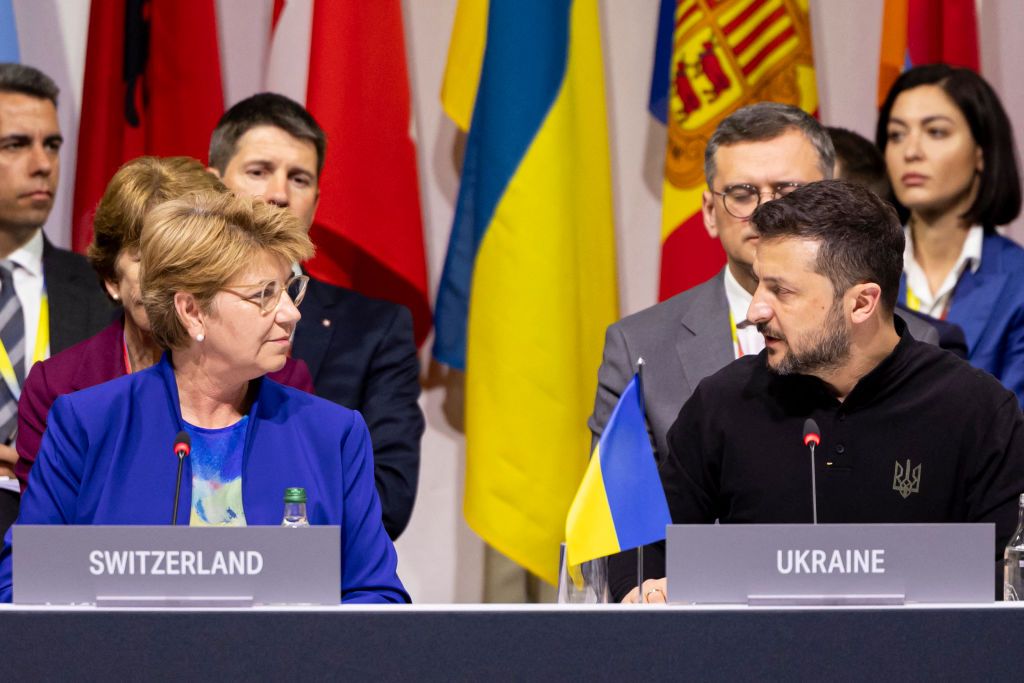Finnish president: Ukraine in a 'position of strength' for path to peace

Ukraine is starting the path towards peace “from a position of strength” and is in a stronger position than three weeks ago, Finnish President Alexander Stubb said at Ukraine’s global peace summit in Switzerland on June 15.
During the summit’s plenary meeting, Stubbs noted that this week has favored Ukraine. He highlighted the G7 summit, the start of EU negotiations, NATO support, as well as Ukraine’s summit that gathered over 100 representatives.
“(Ukraine is) much stronger than what it was three weeks ago, let alone three months ago,” he said.
He added that it was important to have a follow-up to the summit “as soon as possible,” stressing that peace is a process rather than an end state.
Country representatives and organizations from 101 nations are attending the peace summit held at the Burgenstock resort, outside the city of Lucerne. Kyiv said it hopes to develop a new joint peace plan based on Zelensky’s 10-point peace proposal, although it is open to opinions from other countries.
Stubb praised Ukraine’s global peace summit as an “achievement” and said it was important for the West to hear from voices around the world.
He also stressed that it is important to listen to President Volodymyr Zelensky and all those that want a “just and sustainable peace” based on the UN Charter and international law.
Zelensky said that the summit aims to show that peace and security is possible and will focus on three different points: Nuclear safety, food security, and the release of prisoners and deportees.
Once a peace formula is agreed upon, an action plan will be presented to Moscow in a second peace summit, he said.
Zelensky met leaders of the Group of Seven (G7) in Italy on June 13-14. The summit signaled positive developments for Ukraine, with bilateral security agreements signed with the U.S. and Japan.
Zelensky said the agreement with the U.S., "clearly states that America supports Ukraine's efforts to win this war.” He described the deal as a "bridge" to Ukraine's future NATO membership.
Japan will provide Ukraine with $4.5 billion in 2024 and will continue to support Ukraine throughout the next 10 years. The two countries agreed to cooperate on cybersecurity, countering foreign interference, combating organized crime, and ensuring maritime order, among other spheres.
The G7 leaders confirmed a plan on June 13 to give Ukraine a $50 billion loan by the end of the year using interest from some $300 billion in frozen Russian assets. Although technical details are still being ironed out.
On June 14, the Belgian Presidency of the Council of the EU announced that EU ambassadors agreed on the negotiating frameworks for the accession negotiations of Ukraine and Moldova. Talks will start on June 25.













